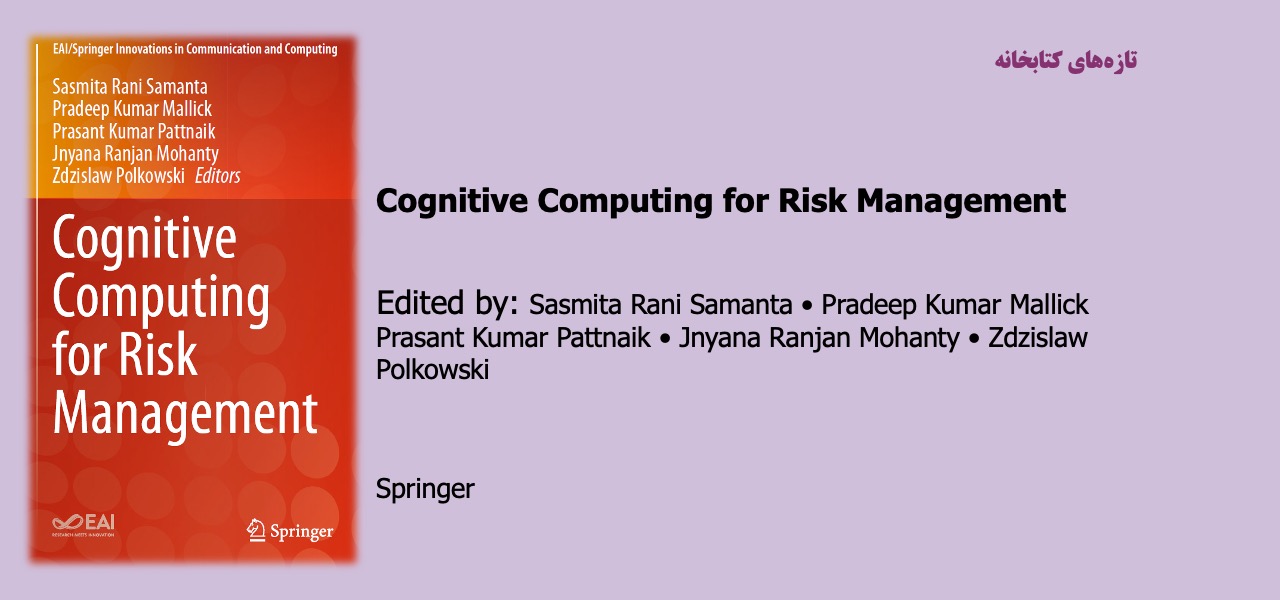Cognitive Computing for Risk Management

This edited book aims to bring together leading researchers, academic scientists, and research scholars to put forward and share their experiences and research results on all aspects of cognitive computing and risk management. It also provides a premier interdisciplinary platform for educators, practitioners, and researchers to present and discuss the most recent innovations, trends, and concerns as well as practical challenges encountered and solutions adopted in the field of cognitive computing.
The book is organized into ten chapters, Chapter 1 deals with review research that tries to assess the broad direction in entrepreneurship cognition context, analyzes various themes from the published articles, and critically analyzes the course.
Chapter 2 focuses on exploring the relationship between select cognitive distortions and stress in a college setting. Partly modified scales of cognitive distortions (Roberts, M. B) and emotional stress (depression anxiety stress scales (DASS) have been used for the survey). Results indicate that there is a moderate correlation between the cognitive distortions and emotional stress. Results may be useful to mitigate the negative consequences of emotional stress born of cognitive distortions.
It is implied that teachers recognize the suffering of general students in this respect and must adopt useful techniques to help the students.
Chapter 3 deals with the objective of the study, which is to find the influence of cognitive barriers on drug adherence. Three cognitive barriers, viz., denial, refusal, and mistrust, have been taken in the study, and their effect on the drug adherence of diabetic patients have been studied.
مطالب مرتبط

کتاب تمرین درمان شناختی – رفتاری برای مشکلات سلامت روان
۱ / اردیبهشت / ۱۴۰۴

درآمدی بر روانشناسی خرد
۱ / اردیبهشت / ۱۴۰۴

سرشت – چگونه سیمکشی مغزهای ما هویت ما را تعیین میکنند؟
۱ / اردیبهشت / ۱۴۰۴

